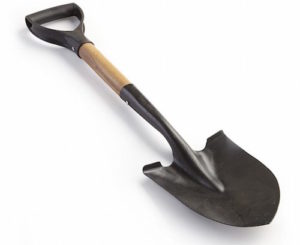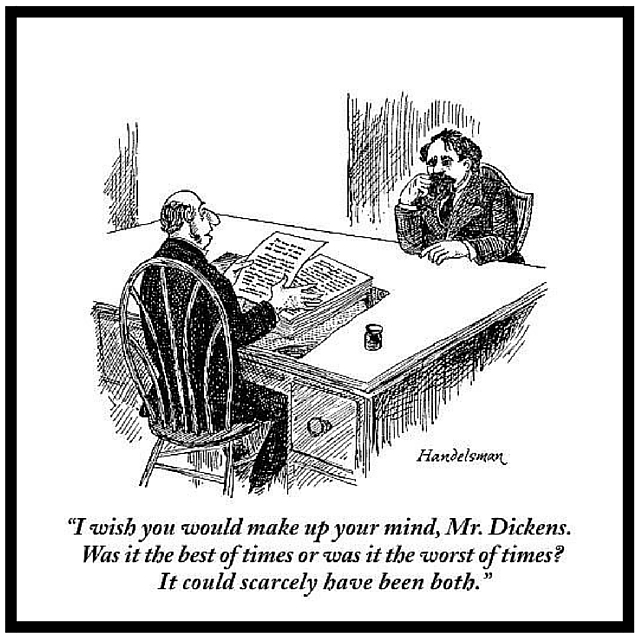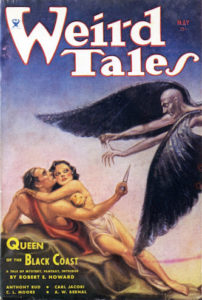Three years ago this month I self-published my first four novels. The Morning Star, Festival of Death, The Moscow Affair, and Do One Thing For Me. I was excited and filled with anticipation of good things to come. Now, three years later? Well, let’s just say reality is sobering. Not that I regret the past three years. They’ve been a grand learning experience.
The Good
I’ve self-published 20 books so far. And am looking at launching a new series in the beginning of 2018 and perhaps a second series later next year. I’m doing what I always wanted to do — write books and see them in print.
Today’s digital and print-on-demand technology makes self-publishing easy. It also gives me complete control over my work. There is no corporate bottom line that must be met. The only person who affects my success or lack thereof is me.
I firmly believe in the free market. I don’t believe in any gatekeepers other than the reader. For far too long editors at the big corporate publishers made or broke the careers of writers. The annals of publishing are replete with horror stories of the damage the big corporations did to writers. Now we are free. We no longer need them. And that is a very good thing.
Writers, for the first time in history, have all the tools at their disposal to produce work that rivals or surpasses anything the publishing industry corporations can put out. And writers, for the first time in history, can make far more money than ever before by publishing on their own.
This is a great day for writers and I’m very glad to be alive to see it. For myself, I’m not making great money at self-publishing. But I am making a little bit. And my books will be available until Amazon, Apple, Kobo, and Barnes & Noble go away. Which probably won’t be for a very long time. Most likely longer than the 20 or so years the actuarial tables give me. And they will be under my or my heirs’s control.
The Bad – or What I Learned the Hard Way
Unfortunately, self-publishing is a bed of roses — complete with loads of thorny stems. That is, there are both positives and negatives to it.
If I could do it over again, I’d spend two years learning the business end of self-publishing — before publishing anything. Because self-publishing is publishing your own books. And to make money, significant money, at self-publishing — one needs to know business.
The writer needs to know his or her audience and then develop a strategy to reach that audience. If he or she doesn’t, then failure will result. That is, few or no sales.
I’m not saying the writer must write to market. Although that’s what most writers have done for the past couple of centuries if they wanted to make money. But even if you are writing a literary novel or a mixed genre novel, you still need to know who might want to read the book. Dean Koontz writes multi-genre blockbuster-type novels. Nevertheless, even though they contain a bit of romance and a bit of the thriller and a bit of sci-fi and a bit of horror, there is one genre that sticks out more than the others. In Lightning, I think it’s the science fiction. In Midnight, it’s techno-horror. As an indie author, if you write that sort of novel, knowing your primary genre will aid in your marketing.
Of course for every rule there’s someone out there who didn’t follow it and went on to make lots of money. But generally speaking, most of us need to understand business and follow good business practices.
Right now I’m playing catch-up and learning the business end of the writing business.
The Ugly – or Hazards and Pitfalls
Wherever money is to be made, the piranhas, and sharks, and bloodsuckers begin closing in. They operate on the supposed saying of P T Barnum that a sucker is born every minute.
Sometimes age is an advantage. I’m 65 and for over 50 years I’ve been reading books and magazine articles on writing and publishing. I’ve taken creative writing classes and courses. I went the traditional publishing route with my poetry. I can honestly say I’ve observed a few things in my time. And the most important is that there is nothing new under the sun.
Today, I see new and wannabe authors being taken in by the middlemen. Everything from expensive covers to expensive formatting to expensive marketing or writing courses to the latest and greatest software. The vultures are circling and trying to take your money.
Now some folk have the money to spend on all this stuff. Still, I don’t think they should. Most everything a writer needs to know or get can be gotten for free or for a very minimal fee.
There are so-called experts who want to teach you how to write a bestseller. Yet they don’t earn their living by writing fiction. If what they have to teach is so wonderful, why aren’t they writing bestsellers themselves? I’m amazed that writers who take these courses don’t ask themselves this question.
Or what about the successful fiction writer who no longer writes fiction. He, instead, makes his money selling his course on marketing fiction. Why? Because it’s easier to teach than to write. For that person writing is not his passion. Making money is.
Or what about the folks who say you have to have a professional editor go over your manuscript? Or a professional cover artist produce your cover? Hundreds of writers spend tens of thousands of dollars every month on these extravagances when they have no idea if their book will even earn them one dime.
You don’t need a professional editor. If you know how to write, know how to tell a good story, all you need is to proofread your manuscript. But you don’t know if you can write a good story? Then find someone you trust who will be honest with you and have him or her read it.
People say don’t use your family. I say use them if you have a family member who cares enough about you to tell you the book stinks if it in fact does. Kazuo Ishiguro threw away an entire book when his wife told him it stunk. I’m lucky. I have my daughter and my sister. Both can be and are brutally honest. I trust them to tell me if something isn’t working.
Don’t get sucked in by the money grubbing middleman. Edit your own book until you know you can make money. Then hire it out only because it gives you more time to write.
If you can’t design and produce your own cover, then find the least expensive pre-made you can find and use it. This is an area I fell down in. I didn’t understand cover design. Now I have a much better grasp of it. One book worth your while is Derek Murphy’s Cover Design Secrets.
The best resources are actually free. Kboards is indispensable. Loads of valuable advice in the Writers Cafe. There are many closed groups on Facebook for writers. Two good groups are The Author Helper and 20Booksto50K. But as with everything, weigh and evaluate all the advice. Not everything works for everybody.
I’m lucky. I’ve spent very little money procuring bad advice or worthless software. Part of that is due to my age. I’ve pretty much read and seen it all. Sure, the scammers give things new names. But it’s still the same old stuff. Don’t pay for it. Get it for free.
Summary
Three years ago I started self-publishing. I thought I’d done my research. In truth, I didn’t do enough. The indie world was changing just as I got on board. What I learned was old info that didn’t really help me much, because it no longer applied to the new reality. Now I’m taking a much more cautious and deliberate approach.
I am still convinced the indie way is the best way for writers. Why? Because you control your rights and you have the potential to make way more money than your corporately published counterparts.
I have no regrets going the self-publishing route. I’m learning from my mistakes on the business end. Hopefully in the next three years I’ll be making some significant (for me, that is) money from my writing. Being retired I don’t need much. Just enough to cover my expenses and maybe give me a thousand a month to supplement Social Security and my pension. If I can do that, I’ll be a happy camper. A very happy camper.
Comments are always welcome and, until next time, happy reading (and writing)!
Share This!



